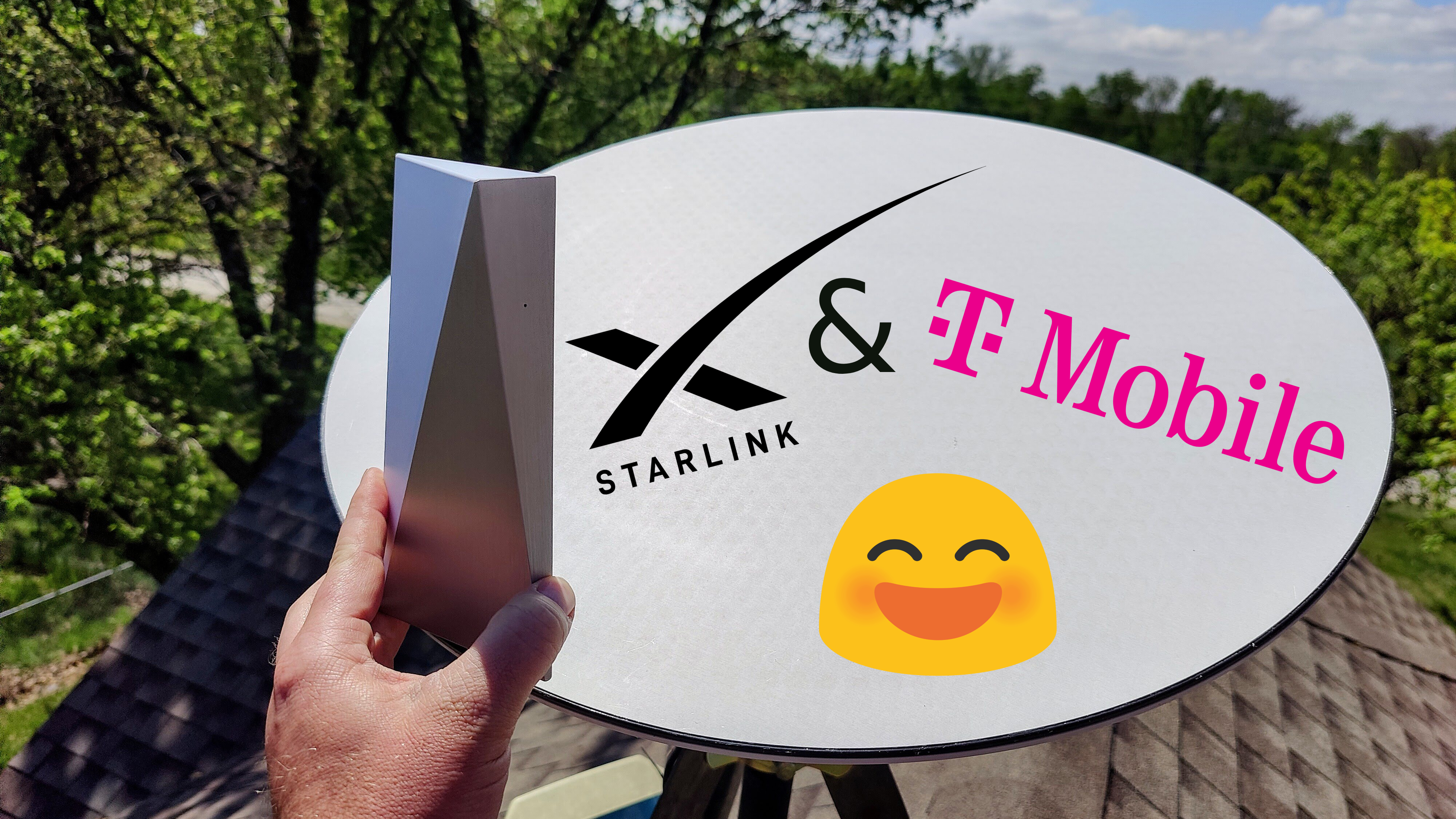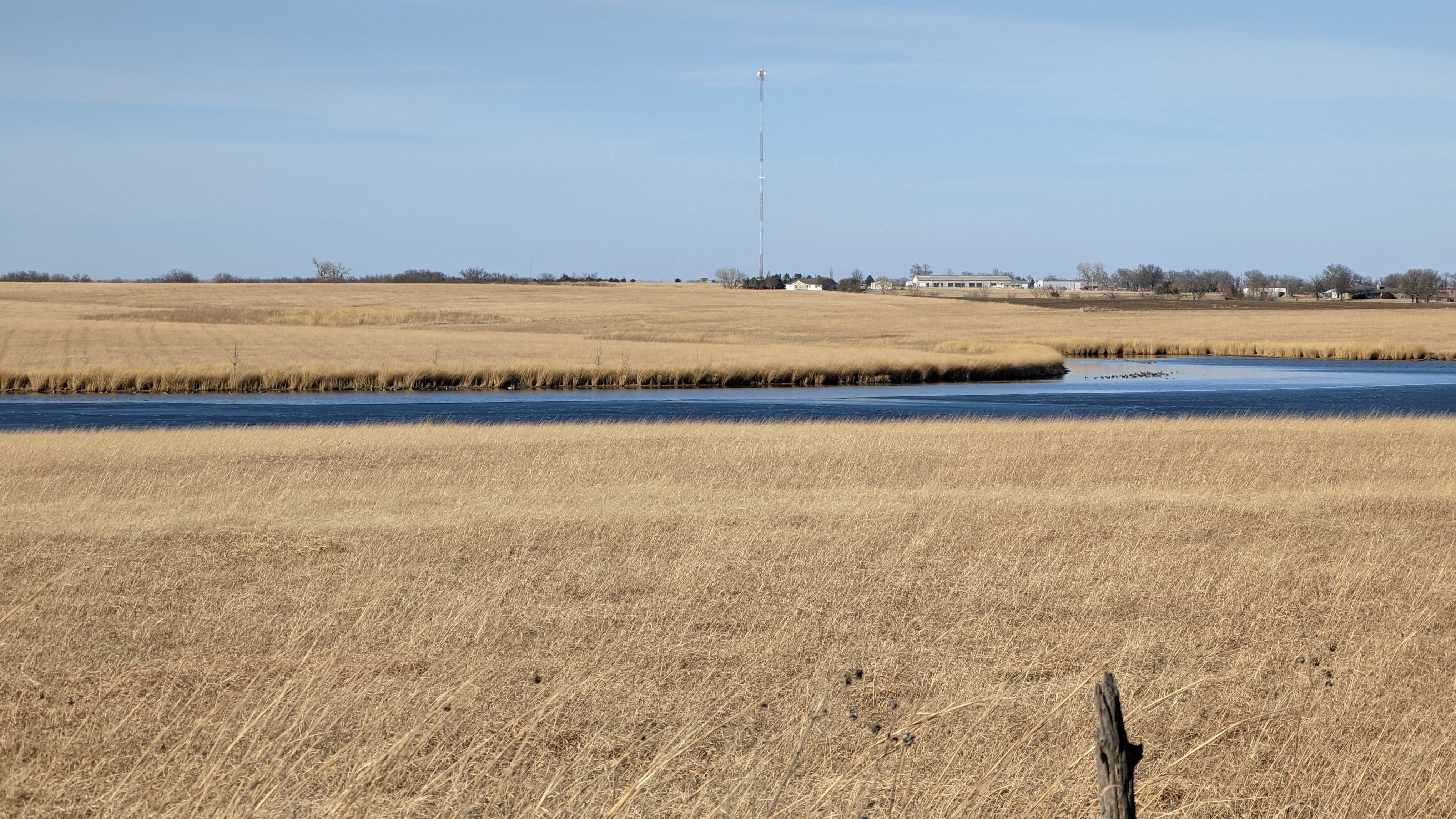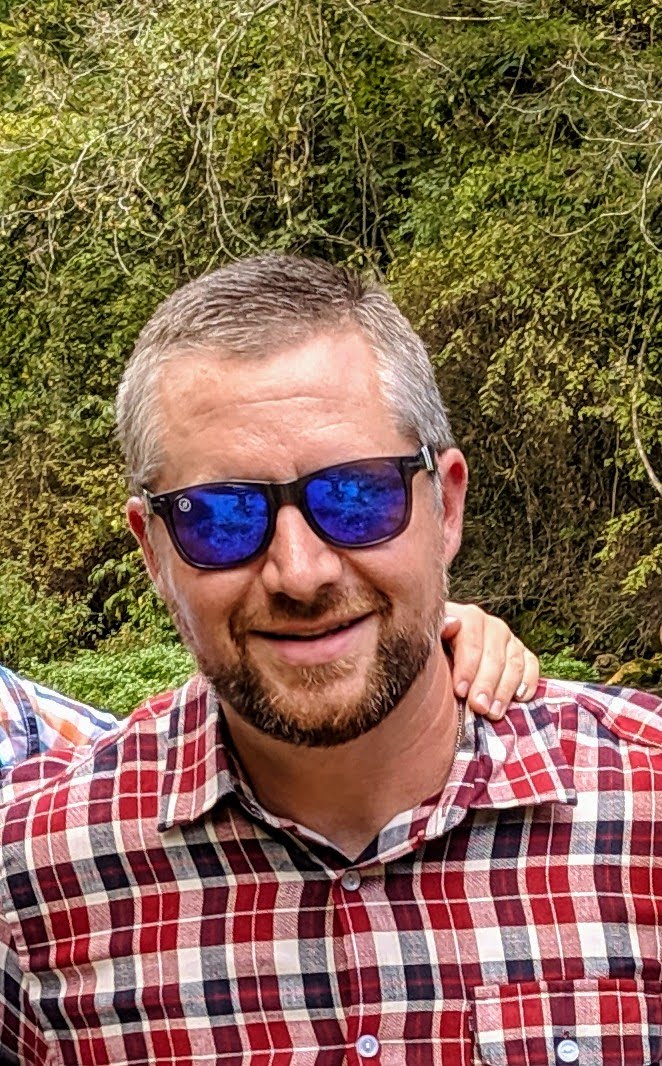The T-Mobile and Starlink partnership has me hopeful for my rural connectivity issues
I'm looking forward to the reduced anxiety of traveling in my rural area and being without a way to reach help if needed.

Rural areas, like where I live in Kansas, have long struggled with connectivity issues. Whether that is with cell phones or internet, many times these communities are left with either very slow and spotty coverage, or none at all.
The situation is even more dire in areas where outdoor enthusiasts like to adventure where coverage is nearly impossible. But the recent T-Mobile and SpaceX Starlink announcement gives hope to those in both situations.
Filling in the gaps
While T-Mobile has improved significantly in the past five years to become one of the best wireless carriers in the US, there are still plenty of gaps in coverage. But so do the other options like AT&T and Verizon, regardless of what any of their maps might say.
Adding cell towers in remote and rural areas is not only difficult, but also expensive, and is a big reason for so many dead zones.
T-Mobile has been my service provider for years, despite its shortcomings, because the other carriers are just as bad where I live. T-Mobile offers more value in different ways to help make up for it. I also feel that of all the U.S. carriers, T-Mobile is putting in more effort than its competitors to solve connectivity problems — the latest partnership with SpaceX Starlink is a fantastic example.
In short, this partnership aims to eliminate dead zones in coverage by combining Starlink internet satellites and leveraging T-Mobile's mid-band spectrum to provide basic cellular connectivity where it otherwise wouldn't be. When your phone is connected through this method, initially, only SMS, MMS, supported messaging apps, and potentially limited video are available to users. There are hopes to expand it to voice and data down the line.

Even though I know the chances this service will live up to the hype are slim, I'm still excited about it. The idea that my family or I won't be stranded on the side of the road with no way to contact someone could be a thing of the past is amazing.
Then again, when I go camping: More often than not, places I camp don't have very good cellular coverage. Even though one reason I go camping is to disconnect, Starlink and T-Mobile could make it so I still have a way to reach someone if needed. But aside from the convenience aspect, there are plenty of other benefits that can come from this and future partnerships.
Be an expert in 5 minutes
Get the latest news from Android Central, your trusted companion in the world of Android
Currently, it's only T-Mobile that Starlink is pairing up with, but according to the CEO of both companies, the goal is to partner with other carriers worldwide. If this can come to fruition, it could bring wireless communication to remote parts of the world, and also aid in an emergency where people get stranded in areas that otherwise can't be served through traditional service methods.
Both T-Mobile and Starlink have been doing some pretty impressive things in bringing the internet to those who either can't get proper broadband, or have extremely limited options. I have reviewed T-Mobile's Home Internet and currently use SpaceX Starlink internet at my home. While I can't personally use T-Mobile for my home internet due to the aforementioned spotty coverage at my house, Starlink has, for the most part, been wonderful.
In order to continue the goal of providing global internet, SpaceX will need a lot more satellites in orbit — and it is almost weekly. Starlink will continue to grow to satiate the company's internal goals of being an ISP, but that growth will be essential to support that goal of eliminating cellular gaps.

So, while SpaceX and T-Mobile are working on expanding coverage, there will need to be changes to the phones we carry to enable us to use the new service. T-Mobile says that most existing phones shouldn't have any trouble using the service, so that's great, assuming it works. On the software side, it's been confirmed that Android 14 will support satellite connectivity.
I know that there is still a long way to go before this new communication method is available across the globe, and it won't even be on T-Mobile until late 2023. Then, once it launches, there are bound to be bugs and availability issues. But, the fact that this technology has potential and is being attempted really makes me happy and, hopefully, can help a lot of people.

